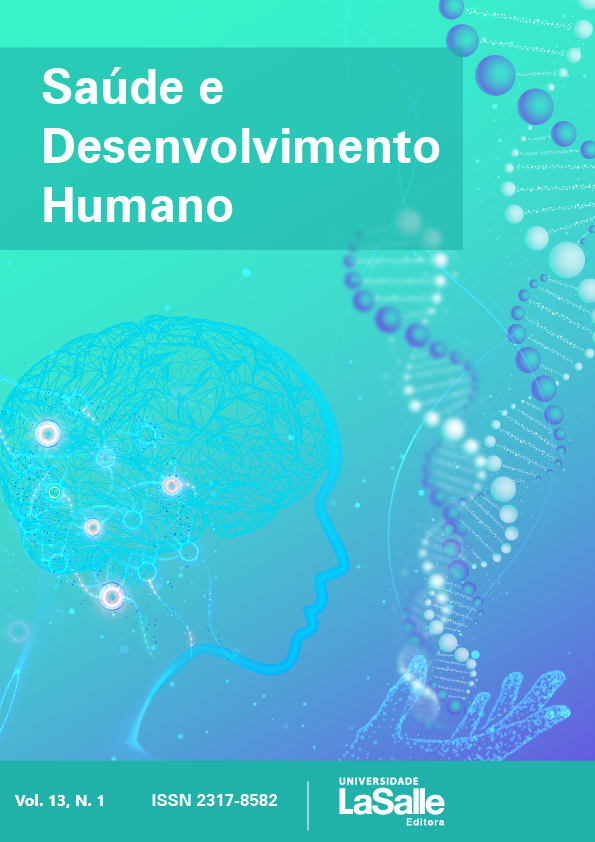Mrs. Neurobiology of Attention Deficit Hyperactivity Disorder
a narrative review
DOI:
https://doi.org/10.18316/sdh.v13i1.11661Keywords:
ADHD, pathophysiology, etiology, Minimal Brain DysfunctionAbstract
Introduction: Attention Deficit Hyperactivity Disorder (ADHD) is characterized by persistent patterns of inattention, hyperactivity and impulsivity, which affect the personal and social functioning of its sufferers. ADHD has multiple factors associated with its pathophysiology, without there being, until now, an exclusive cause. Objectives: The aim of this study is to analyze gene-environment interactions and neurobiological mechanisms involved in the etiology of ADHD, in order to contribute to a better understanding of the disorder. Methods: searches were carried out in databases such as MedLine, Pubmed and Scielo, using the descriptors; Attention Deficit Hyperactivity Disorder; ADHD; neurobiology of ADHD. Results: The studies reviewed highlighted morphofunctional alterations in specific brain regions when associated with ADHD. In addition, the combination of different genetic and environmental factors can influence the development of the disorder. Conclusions: an in-depth understanding of the neurobiology of ADHD is essential for the development of more effective interventions to improve the quality of life of those with the disorder.
References
Downloads
Published
Issue
Section
License
Copyright (c) 2025 Saúde e Desenvolvimento Humano

This work is licensed under a Creative Commons Attribution-NonCommercial 4.0 International License.
Authors who submit their manuscripts to be published in this journal agree to the following terms:
- Authors retain copyright and grant the journal right of first publication with the work simultaneously licensed under the Creative Commons Attribution License that allows the sharing of work and recognition of its initial publication in this journal.
- By virtue of the articles appearing in this open access journal, articles are free to use, with proper attribution, in educational and non-commercia.


